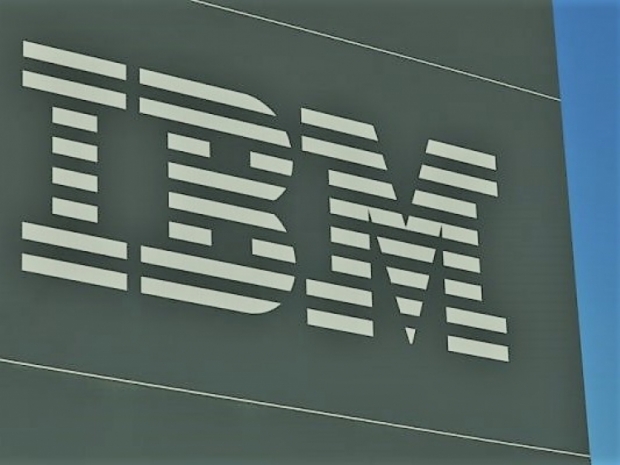The idea is to support the next wave of digital advances, such as machine learning, on superfast fifth-generation telecoms networks.
BT will pay $550 million to IBM under an eight year managed-services agreement that will offer tools such as artificial intelligence (AI) and automation to networked businesses.
The two companies are pitching the venture as a combination of cloud computing and connectivity that would, for example, enable super-fast communication between robots on a factory floor without the need for a big ‘pipe’ back to a data centre.
More than 70 percent of organisations use up to 15 different cloud systems so the ability to link them should make it easier for firms to adapt and innovate without having to redesign their networks.
A Vodafone spokesman said that businesses were beginning to embrace digital and when they do they get a lot of complexity.
“We predicted this venture on the ability to simplify that complexity.”
The venture will focus on Vodafone’s British, German and Irish markets, targeting multinationals and national enterprises operating in industries such as retail, manufacturing, utilities, agriculture or transportation.
It is expected to be operational in the first half of 2019.
The partnership seeks to bring IBM’s prowess in handling multiple cloud-based systems and its priorities behind its $34 billion takeovers of Red Hat.
IBM is moving away from competing for head-on with “hyperscale” cloud providers like Amazon Web Services, Microsoft Azure and Google that offer hosted memory, network and storage services that can grow with the needs of big, data-intensive businesses.
Instead, it is aiming to be “the go-to company for enterprises who need to stitch together multiple cloud platforms
Ireland and Britain have allocated 5G spectrum, and Germany is about to auction frequencies for a mobile technology that will offer downloads far faster than on existing networks, as well as ultra-low ‘latency’ - or reaction times.
Telecoms operators say they expect to start offering 5G services from next year in European markets that have moved to allocate spectrum and build out networks.

